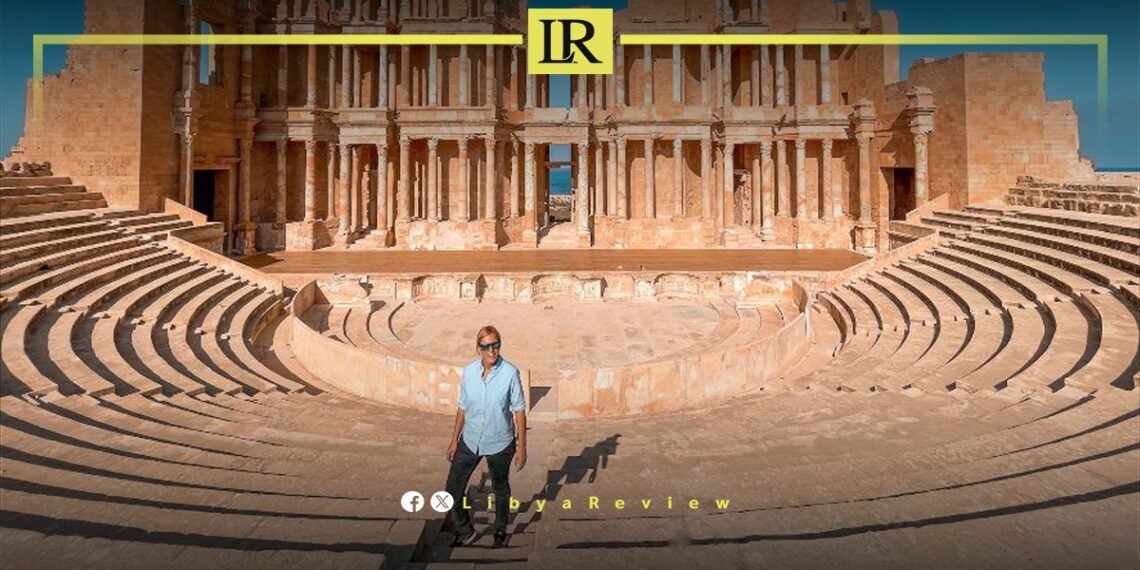Libya, once a burgeoning tourist destination attracting around 120,000 visitors annually before 2011, has seen its tourism sector crumble under the weight of ongoing political and armed conflicts, revealed Nasr al-Din al-Fazzani, the Minister of Tourism in the Government of National Unity (GNU). Prior to the upheaval, Libya was on the verge of a tourism boom, with significant interest from international travel companies eager to explore and invest in the country’s rich cultural and natural heritage.
In a candid assessment of the situation, al-Fazzani highlighted how conflicts anywhere in the world could severely impact the tourism industry. Libya, unfortunately, has been no exception, with the sector experiencing substantial losses over the past years. Critical infrastructure essential for tourism, including water and electricity networks, transportation, lodging, and entertainment facilities, as well as several archaeological sites and natural areas, have suffered considerable damage.
Moreover, al-Fazzani pointed out that the persistent conflicts have cemented a negative image of Libya as a country plagued by strife and security chaos, deterring potential tourists and investors alike.
The devastating effect on tourism is a significant concern, considering the sector’s potential to contribute to Libya’s economy and cultural exchange. The decline not only reflects the immediate repercussions of conflicts on infrastructure and perceptions but also underscores the long-term challenges in reviving a sector vital for the nation’s recovery and prosperity.
The situation calls for concerted efforts to stabilize the country and rebuild its tourism infrastructure, aiming to restore Libya’s image as a desirable destination for travelers around the world. As Libya grapples with its political and security challenges, the revival of the tourism sector remains a crucial aspect of its journey towards peace and economic stability.


